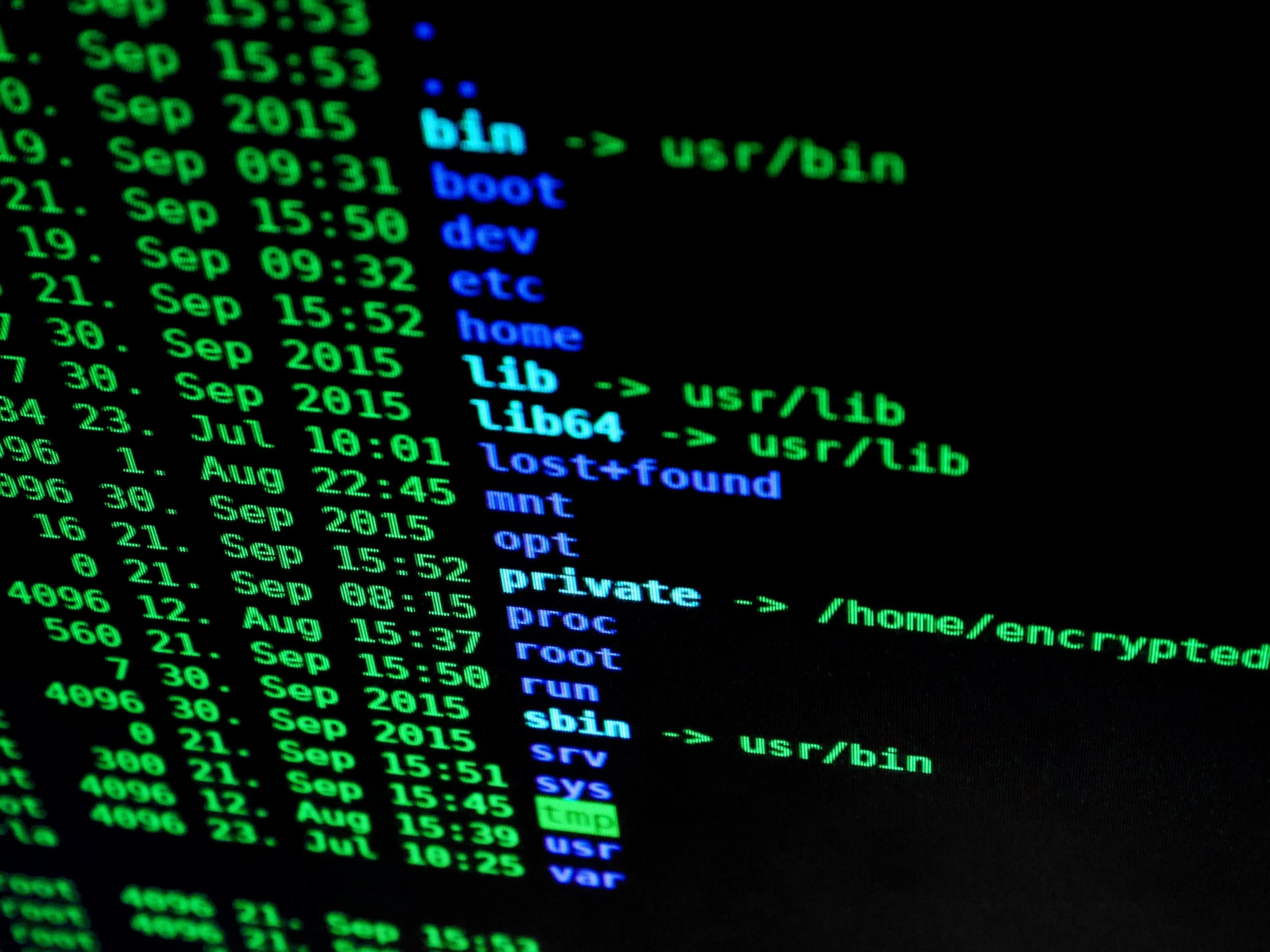The Federal Communications Commission (FCC) is poised to vote on rescinding regulations established in the aftermath of a Chinese cyberattack on American telecoms. Commissioner Anna Gomez has voiced concerns that revoking these rules would absolve telecoms of accountability regarding cybersecurity deficiencies that facilitated the breaches associated with the Salt Typhoon cyberespionage campaign. Gomez argues that these rules were essential to create enforceable cybersecurity standards and prevent future incidents.
The proposed revocation comes amid mixed views from U.S. officials regarding the current threat level posed by Salt Typhoon, with some maintaining it is contained and others insisting ongoing threats remain. Gomez stresses that the risks are persistent, emphasizing the need for regulatory action rather than relying solely on non-mandatory industry measures. There is criticism of the FCC’s recent assessments, which Gomez argues lack empirical data on the implementation of cybersecurity measures by telecom providers, raising concerns about their actual security preparedness against hackers.
The current FCC leadership, led by Chair Brendan Carr, justifies the need for deregulation by citing continued engagement with telecoms. However, Gomez contends that genuine collaboration and effective regulation must coexist to ensure robust cybersecurity. Without a clear strategy, the commission risks undermining its role as a regulatory authority in a landscape characterized by evolving cyber threats.
👉 Pročitaj original: CyberScoop







